AHDR Cyprus: Peace-Building and Open Society by Historical Learning
Dear readers,
as you already know, we of ProMosaik e.V. do not like WALLS. Walls must fall… this is the case for Berlin, for Palestine, and of course, it is our wish for Cyprus as well.
But to make it possible for walls to fall, peace-building and the study of history are absolutely necessary. Peace education is what we need to build bridges between people of different cultures and religions. However, history is essential because we have to go beyond the suffering of the past. History helps us to understand the Other and to build up our identity as well. History teaching and history learning help us to build up a future based on reconciliation.
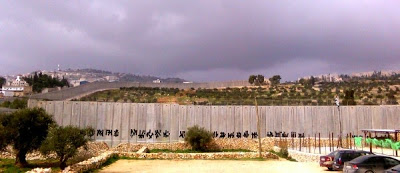
We have spoken to Ms Shirin Jetha, Director of the AHDR in Cyprus. We would to thank her for her important answers.
Thanks to all of you for your kind attention. Please send your comments and suggestions to info@promosaik.com
To get more information about AHDR, please visit the following website: www.ahdr.info
Thank you
Dr. phil. Milena Rampoldi – ProMosaik e.V.
work for a democratic and open society?
understanding of the past and one’s history and those of others, is imperative
in developing key skills and values such as tolerance, empathy and open mindedness.
and values help to cultivate an understanding of cultural diversity and an
appreciation of differences in ethnicity, religion, language etc.
in its ‘good’ form should incorporate mutliperspectivity and critical thinking
and a tool of promoting a multi-cultural, multi-lingual, and multi-faith
society. In doing so, students can
develop ideas and analyse situations from a global perspective and further to
move away from ethno-centric views of themselves and the world.
regards to oneself and others are invaluable to creating societies in which
democracy can flourish.
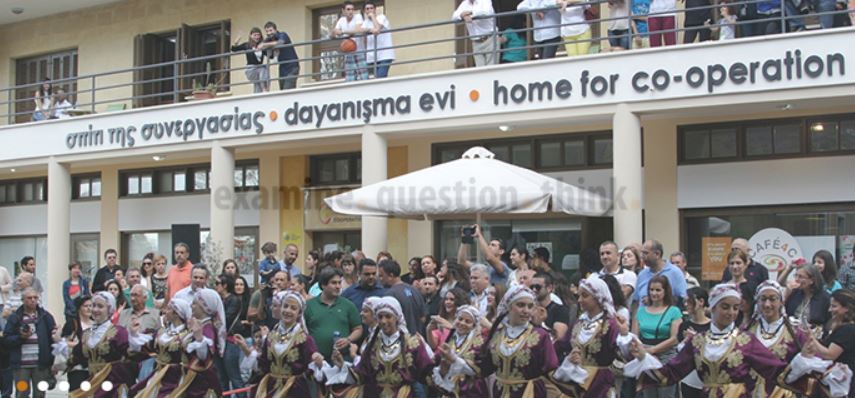
society in Cyprus?
society where dialogue on issues of history, historiography, history
teaching and history learning is welcomed as an integral part
of democracy and is considered as a means for the advancement of
historical understanding and critical thinking.
term, the critical thinking skills acquired through a multiperspective approach
to history and history education (that are key to the activities of the AHDR) will
address the gaps within the historical narratives that are being taught in
classrooms across Cyprus. In doing so,
this will pave the way for greater mutual respect and understanding, which in
turn will foster cooperation, dialogue and reconciliation in Cyprus.
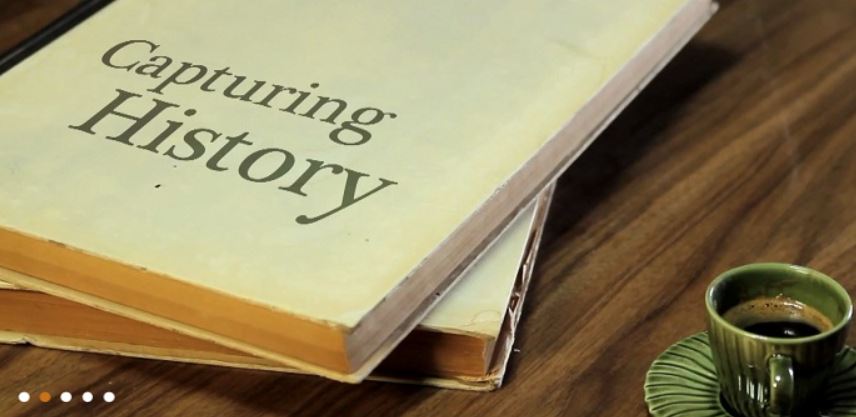
international level?
international institutions are a key component of the AHDR’s programs and
enable the Association to be more strategic by creating synergies that allow the
AHDR and the partner to leverage each other’s expertise and resources. The AHDR is keen to build on existing
international partnerships with organizations such as the Council if Europe and
EUROCLIO (European Association of History Educators), to name just a few. Such cooperation is invaluable in the exchange
of knowledge and expertise, as well as facilitating innovative projects and
activities for the future.
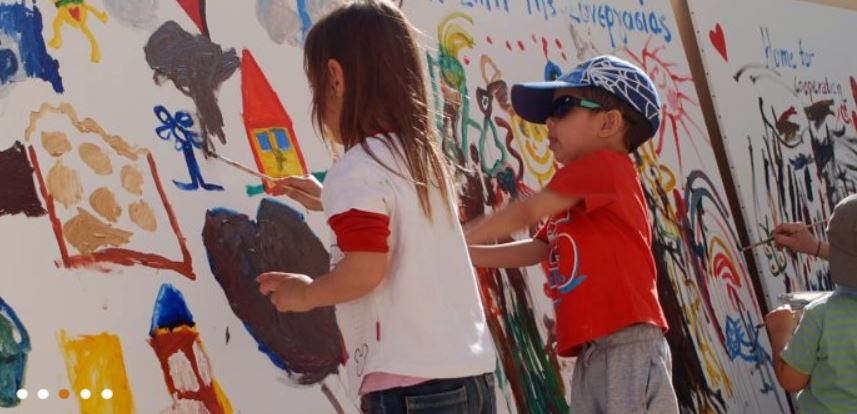
teachers work for a peaceful and intercultural society?
educators as potential agents of change, who are able to challenge and
transform ideas and realities.
has been creating opportunities for educators to be exposed and equipped with
the latest techniques in history teaching through the organisation of various
conferences, symposia, seminars, and workshops.
Through these training events, the AHDR aims to provide educators
with the opportunity to examine the fundamental elements of multiperspectivity
in history education, prioritizing the epistemology and methodology of history
teaching and learning.
practices within a disciplinary framework that enables one to teach and learn
to cope confidently with the familiar and the less familiar, to question
accounts, to come to grips with multiperspectivity, to evaluate historical
significance, to construct interpretations through disciplined argument and
debate, and to acknowledge and celebrate a multiplicity of potential
identities.
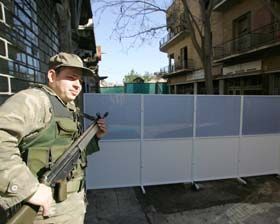
Museum”.
educational city quests”, was organised by the AHDR n the framework
of the Norway Grants (2009-2014) funding for the ‘Home for Cooperation’
project and was held at the Home for Cooperation and within the old city
of Nicosia from 24th – 31st May 2013.
interest demonstrated from various Cypriot and International groups to learn
about Nicosia’s history and culture. It is based on the assumption that one of
the best ways to get a comprehensive understanding of Nicosia’s past and
present is by “being in the city” itself and by experiencing it as an “open,
living museum” where answers to set questions can be sought and where new
questions could arise, to trigger further research. For a structured
approach, which would facilitate such an endevour, individuals, who have the
motivation, the knowledge and the competences to lead groups in this educational
experience, are necessary.
lead educational quests in Nicosia in ways that will illustrate the
multicultural character of the city and spark the interest for further
research. More specifically, during the course participants had the chance to
which allowed them to pose questions and seek answers regarding historical,
social and cultural aspects of the city.
– Develop their public speaking skills
of an Educational City Quest and receive feedback on it.
learning exercises, group work and individual study.
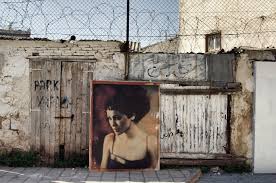
what are the most important matters you would like to deal with in the near
future?
inter-group relations across the island, in a context where multiperspectivity
in education was
ground’ for the examination of history from different perspectives.
Over 400 teachers trained on multi-perspective approaches to teaching
and more than 500
participants have been introduced to the methodology and epistemology of
teaching and learning.
The development of pioneering new supplementary teaching materials entitled:
Thinking Historically about Missing Persons, Learning to Investigate the History
of Cyprus through Artefacts, The Ottoman Period in Cyprus, Our Children Our
Games, Introducing Oral History, Nicosia is Calling and the Home for Cooperation
that present aspects of unity and cooperation in the divided Island.
Establishment of the Cyprus Critical History Archive (CCHA) ; an initiative between the AHDR and Peace Research
Institute Oslo (PRIO) to digitize, catalogue and make available to the public Greek-Cypriot and Turkish-Cypriot newspaper articles
on inter-communal relations and conflict-related violence during the
1955-1964 period.
Increased and ongoing public awareness and promotion of critical
thinking island wide, through a series of video blogs, radio programmes and public
service announcements on TV, as well an increased engagement on social media.
The
undertaking of a grand initiative of renovating a derelict building in the UN
controlled Nicosia buffer zone into a “Home for Cooperation”. This forms an integral part of the wider vision of
transforming what is currently referred to as the Buffer Zone or Dead Zone into
a zone of cooperation. Hosting
conference and exhibition spaces, meeting rooms, offices, and a café the H4C is
the first centre in Cyprus to promote the collective efforts of civil society
in engaging in historical inquiry, contemporary understanding and peace
building.
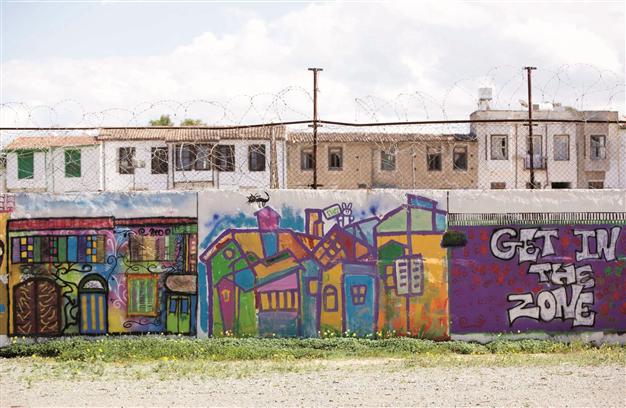
working in areas of historical
dialogue, cooperation and dialogue and peace education. It envisages that this will be accomplished
through various activities planned for the future:
- Creating opportunities for
knowledge and experience exchange with other NGO working in similar fields - Conducting regional teacher trainings across Cyprus on the AHDR’s
upcoming publication on how to integrate a gender perspective in history
education. Such trainings will not
only build on educators capacity but will also act an important outreach
and networking tool for the AHDR - Develop new and innovative form of engaging young people into the work
of the AHDR - Build on existing collaborations and partnerships to enhance the
development of news projects - Developing innovative online platforms to showcase research and engage
young people in online learning activities that promote multiculturalism
and multiperspectivity


